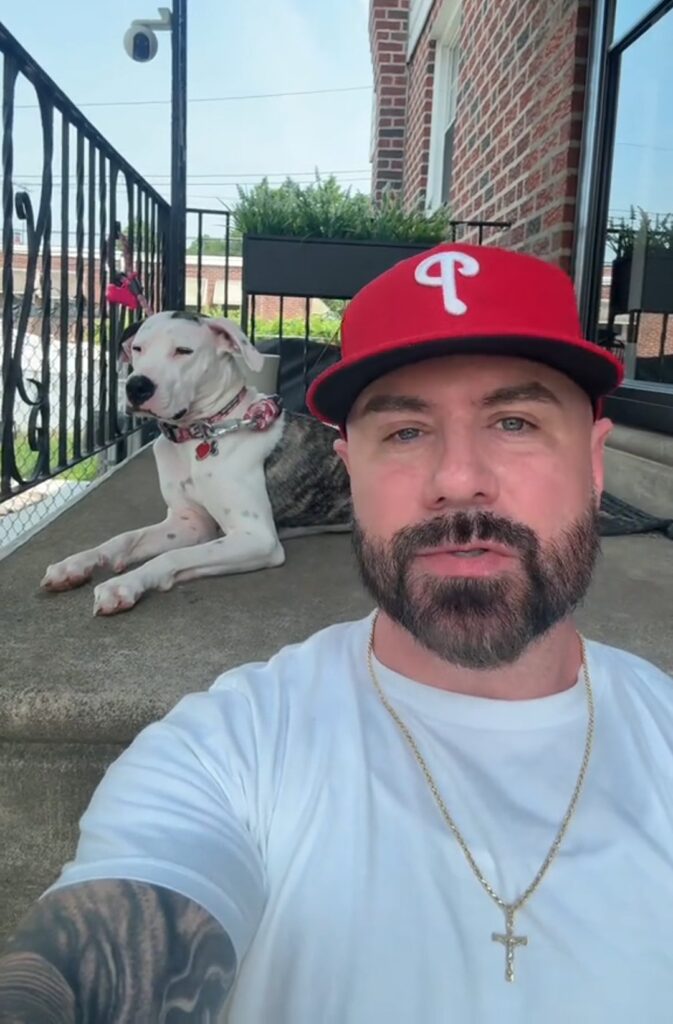It’s hard to believe how quickly life can change, especially when you least expect it. That day started like any other. He woke up full of energy, tail wagging eagerly as I grabbed his leash for our morning walk. He bounded down the sidewalk with enthusiasm, sniffing every corner, greeting every passerby. It was a perfect, normal morning with no warning bells.
When we got back, he gobbled up his breakfast like usual, licking his bowl clean and then looking at me with those bright eyes that always made me smile. Everything seemed absolutely fine.
But that evening, everything changed.
I won’t lie—there were no signs or symptoms that suggested anything was wrong. No limping, no coughing, no unusual behavior. That’s what makes this so hard. One minute he was his happy, playful self. The next, I was faced with an unexpected emergency that turned our world upside down.
Looking back, I wish I had been more proactive. I wish I had known to schedule regular ultrasounds for him, even when he seemed perfectly healthy. If I had done that every six months or at least every year, maybe we could have caught the problem early.

He had blood work done as recently as September 2024, and all the results were perfect. His vet even cleared him for a dental cleaning because his teeth needed attention. Before the anesthesia, they carefully made sure he was healthy enough for the procedure, and everything seemed normal.
It’s strange how health tests can reassure us, but sometimes they don’t tell the whole story. The blood work was flawless, but that didn’t mean underlying issues weren’t developing silently.
After that day, I’ve learned how important it is to be vigilant and to go beyond just the basics. Scheduling an ultrasound isn’t something I’d thought much about before. But now, I want to urge every pet owner to consider it, especially as their furry friends get older or if they have any risk factors.
Ultrasounds can detect things that blood work or physical exams might miss. It’s a simple, non-invasive way to get a closer look at what’s happening inside your pet’s body—whether it’s the heart, liver, kidneys, or other organs. Early detection can make a huge difference in treatment options and outcomes.
If I could give one piece of advice from my experience, it’s this: don’t wait for symptoms to appear. Schedule regular ultrasounds for your dog. Stay one step ahead. It’s the best way to help them live a long, healthy, and happy life.
Every morning I remember that great walk and his bright appetite. I hold onto those moments tightly because they remind me how precious our time together really is—and how important it is to take every precaution we can for those we love.


